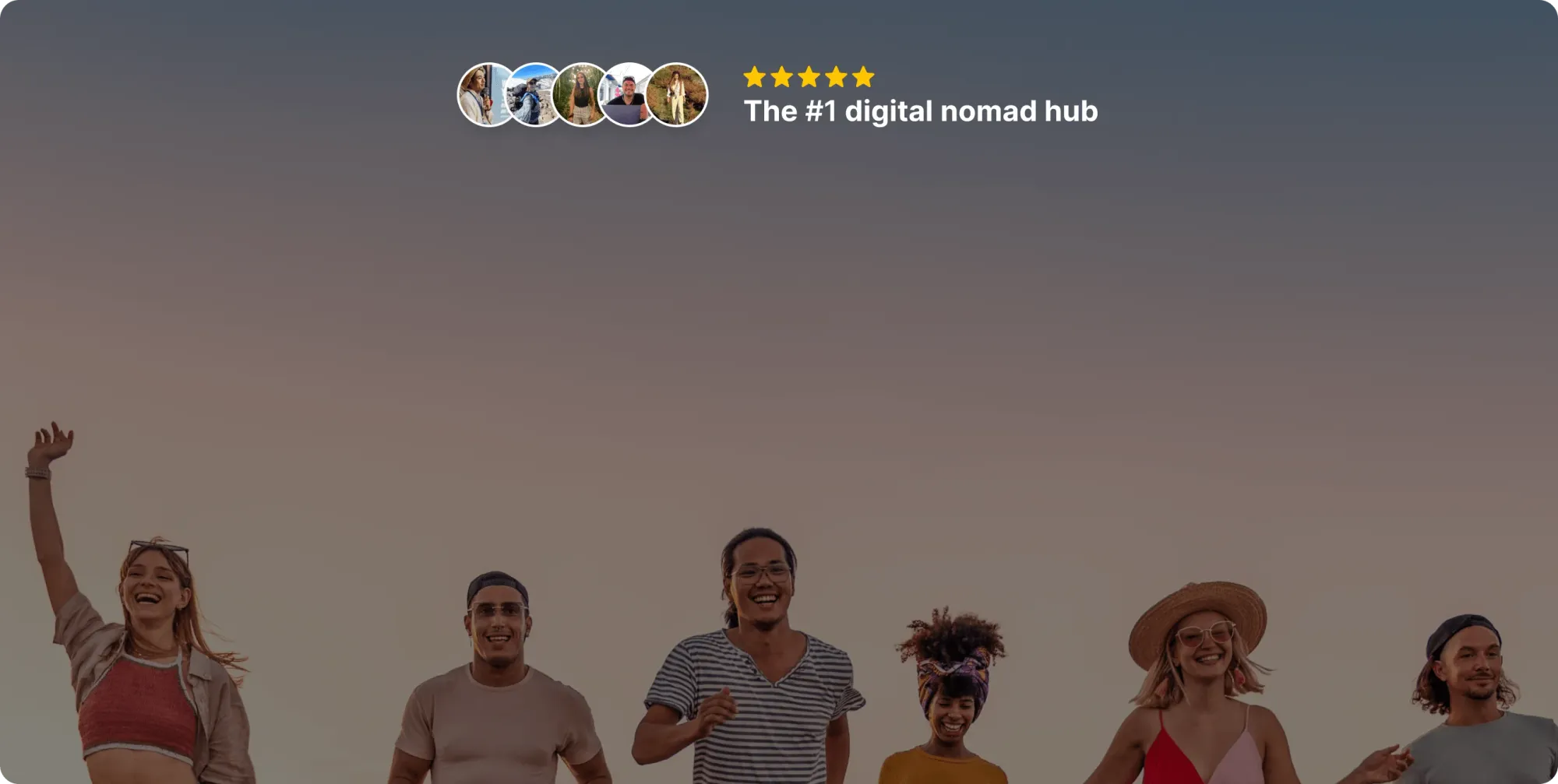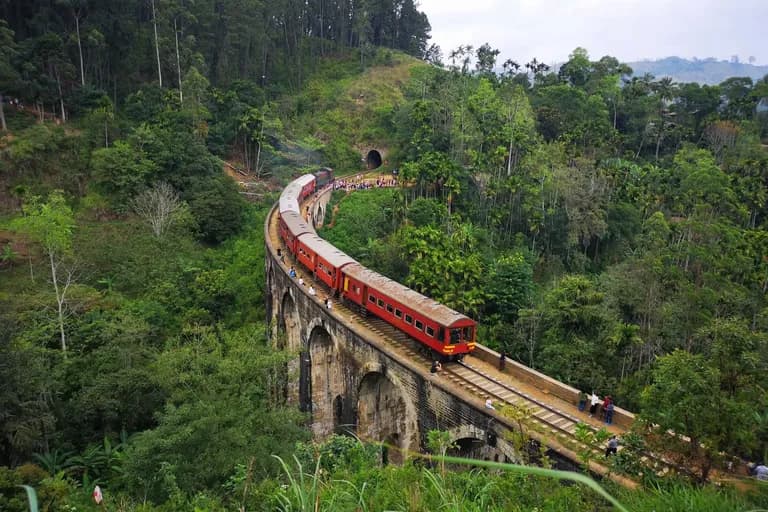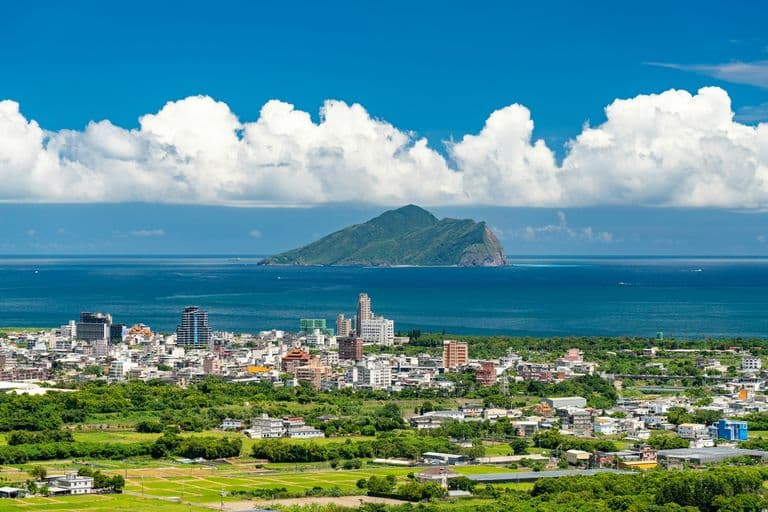South Korea Digital Nomad Visa: Requirements and How to Apply
Discover South Korea's Digital Nomad Visa: Your guide to applying, costs, and enjoying up to 3 years of cultural adventure.


With its futuristic cities, mountainous landscapes, and dynamic culture, South Korea is rapidly growing as a top spot for remote workers.
Now, the country seeks to officially welcome digital nomads through the new South Korea Digital Nomad Visa, which allows them to live and work in South Korea for up to 3 years.
This comprehensive guide unpacks everything you need to know about the South Korea Digital Nomad Visa. We cover who can apply, how to apply, required documents, costs, and more. Let's get started!
Quick Visa Facts
Visa validity period
Up to 2 years
Possible to extend?
Yes, for 1 more year
Who can apply?
Remote employees, freelancers, or business owners working for companies located outside South Korea
Minimum Income Requirements
$65,860 USD per year
Cost of visa application
N/A
Time for visa applications
10-15 days
Does South Korea Have a Digital Nomad Visa?
Yes, South Korea has recently launched a digital nomad visa, officially known as the Workation Visa (F-1-D), which became available on January 1, 2024.
The visa is designed for individuals who wish to reside in South Korea while working remotely for companies located abroad, effectively promoting the "workcation culture" in the country.
This innovative visa program is part of South Korea's initiative to attract digital nomads and bolster its tourism sector. The Ministry of Justice of South Korea stated about this permit:
"We hope the workcation visa will allow high-earning foreigners to stay in Korea's various regions and vitalize the local economy. We hope the visa will be an opportunity for us to showcase our country and our culture" (source: Korea JoongAng Daily)
Benefits of the South Korea Digital Nomad Visa
There are several advantages of obtaining the South Korea Digital Nomad Visa:
- It allows stays up to 2 years, with the option to extend for 1 more year.
- It lets you bring family members like a spouse and children
- Applications are processed at embassies worldwide, making it accessible globally
- After a trial period, authorities will evaluate making the permit permanent, enabling future upgrades
- Experience Korea's rich heritage, delightful food, lively culture, and top attractions like Changdeokgung Palace and N Seoul Tower
Who Can Apply for the South Korea Digital Nomad Visa?
You can apply for South Korea’s Digital Nomad Visa if you are a remote employee, freelancer, or business owner working for companies or clients located outside of South Korea.
And meet these additional visa requirements:
- Are over 18 years old
- Have a minimum of 1 year of experience in your field
- Provide proof of annual income over $65,860 USD
- Have health insurance covering a minimum of approximately $75,000 USD
- Have a clean criminal record
How to Apply for the South Korea Digital Nomad Visa as a Digital Nomad
To apply for the South Korea Digital Nomad Visa, you need to follow these key steps:
Step 1: Gather Required Documents
You will need to prepare all the necessary documents to be able to submit your application. See the "Required Documents" section below for the complete list.
Step 2: Submit In-Person Application
You must submit your digital nomad visa application in person at a South Korean embassy or consulate in your country of residence. When submitting your application, explicitly declare if you are applying with family members and provide their details as required.
Step 4: Wait for Approval
It typically takes about 10-15 days for the visa to be processed and delivered after application submission. However, since the Digital Nomad Visa is a recent introduction and is still in its trial phase, applicants are advised to regularly check for the latest updates from their nearest South Korean embassy or consulate.
Documents Required for Applying for the South Korea Digital Nomad Visa
To apply for the South Korea Digital Nomad Visa, you need to submit the following documents:
- A valid passport with at least 6 months remaining validity at the time of applying
- Passport-sized photos no more than six months old
- Relevant qualifications such as your current CV, certificates for your highest education level, and any additional professional credentials related to your field.
- Proof of income demonstrating at least $65,860 USD per year. Submit your most recent 12 months of bank statements and income statements or latest tax return.
- Health insurance covering your entire intended stay in South Korea with a minimum of $75,000 USD in coverage, including dependents if accompanying you.
- A clean criminal background check issued by an authoritative body in your country of residence.
- Proof of relationship to dependents for family inclusion (if applicable).
How Much Does the South Korea Digital Nomad Visa Cost?
As South Korea's Digital Nomad Visa program has just launched, the exact application fees are still unclear. Fees, however, will likely vary depending on which Korean embassy you apply through based on your nationality.
On top of the base visa application cost, you may need to budget for document-related expenses:
- Criminal background check fees
- Health insurance purchases
- Document translations or notarization
If you plan to bring family members along on your nomadic adventure, factor in any additional costs for gathering their paperwork as well.
Timeline for Applying For the South Korea Digital Nomad Visa
Once the application is submitted, the processing time for the visa is approximately 10-15 days. Embassies and consulates are still organizing their internal processes, so applicants should stay updated for any changes or specific instructions.
What if I’m Not Eligible for the South Korea Digital Nomads as a Digital Nomad?
If South Korea is not a viable option, there are several alternative visas to consider:
- Tourist Visa: Citizens of 69 countries can enter South Korea without a visa for stays of 30 to 90 days. The Korea Electronic Travel Authorization (K-ETA) facilitates quick, online visa-free entry approval.
- Working Holiday Visa: This allows working vacations in South Korea for up to 1 year. It's limited to passport holders from certain countries, with quotas per nationality.
- Long-Term Stay Visas: Depending on your situation, other visas may apply for studying, work transfers, or extended stays in South Korea.
- Other digital nomad visas: Many Asian countries like Indonesia, Japan, Taiwan, Malaysia, and Vietnam all offer unique cultural experiences, activities, and visa criteria worth exploring.
Paying Taxes as a Digital Nomad in South Korea
When it comes to paying taxes as a digital nomad in South Korea, navigating the tax system involves understanding several key points:
- For remote workers employed by foreign companies, the specific tax obligations can indeed be influenced by a variety of factors, including international tax treaties and the specifics of their employment contracts.
- South Korea's tax system classifies individuals as residents or non-residents for tax purposes. Residents (those staying more than 183 days in a tax year or having a domicile in South Korea) are subject to tax on their worldwide income. For non-residents, only income sourced in South Korea is typically taxed.
- Depending on the worker's circumstances and the applicable tax treaty, they may be eligible for certain deductions or credits to offset taxes paid in another country, reducing the overall tax burden.
Are You Ready To Live and Work in South Korea as a Digital Nomad?

Join our global
digital nomad community
Join us for free
Freaking Nomads is supported by you. Clicking through our links may earn us a small affiliate commission, and that's what allows us to keep producing free, helpful content. Learn more
Read Next


Japan Digital Nomad Visa: Requirements and How to Apply


Sri Lanka Digital Nomad Visa: Requirements and Eligibility


